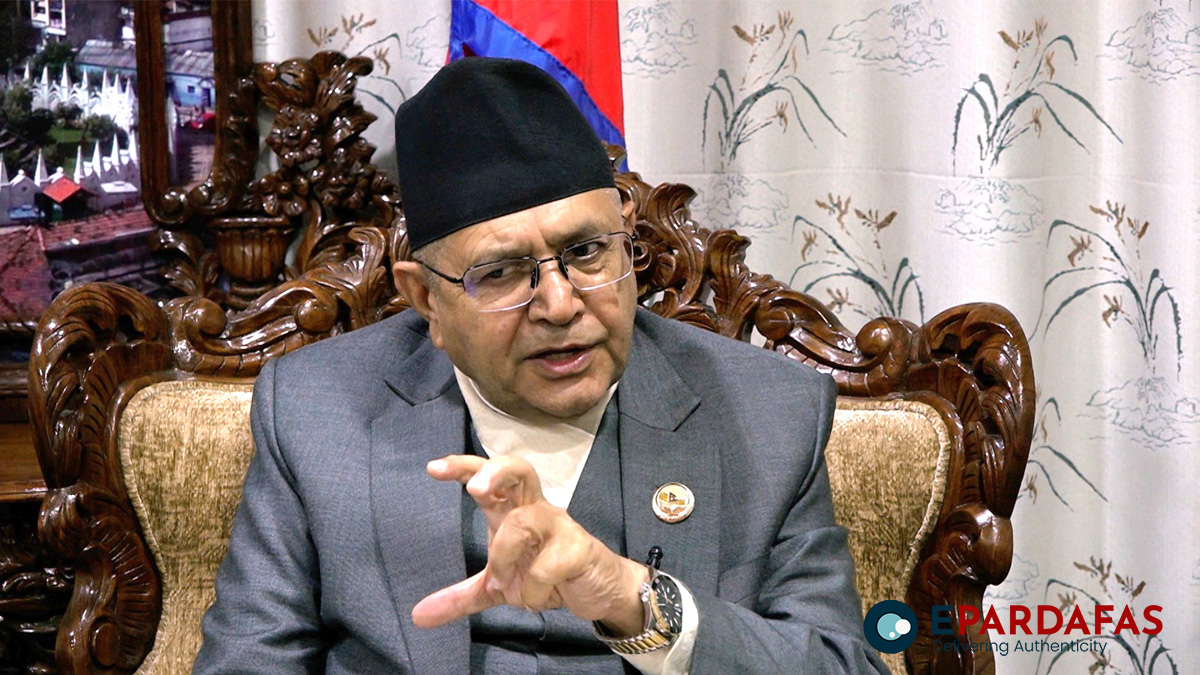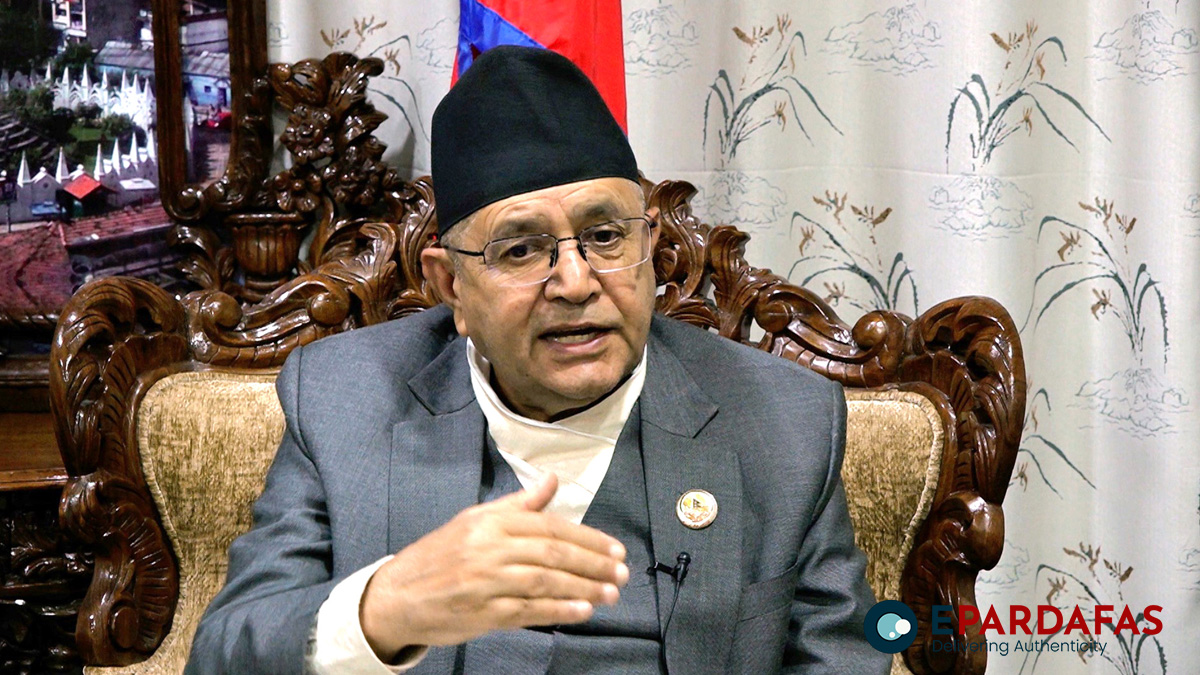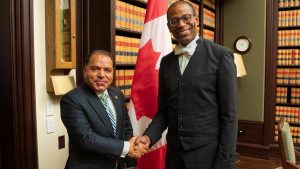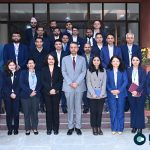
Speaker Ghimire Emphasizes Objective Approach to Constitution Amendment, Reflects on Federal System’s Progress
In a recent interview with the National News Agency (RSS) ahead of Nepal’s Constitution Day 2081, Speaker Devraj Ghimire highlighted the need for a systematic and objective approach to the subject of constitutional amendments. He stressed that while such changes are essential for addressing shortcomings in the implementation of the constitution, they should be based on careful analysis rather than sentiment. Ghimire also urged for a comprehensive review of the challenges in the constitution’s execution before embarking on any amendment process.
Reflecting on the country’s journey since the adoption of the federal democratic republican system, Ghimire noted significant progress in various sectors despite the state’s limited resources. He underscored that the constitution has brought substantial positive changes to the lives of ordinary citizens. “The living standards of the people have improved, and basic services such as health and education have become more accessible,” he said.
The Role of Parliament in Strengthening the Republic
When asked about the role of the House of Representatives (HoR) in institutionalizing the federal democratic republic, Speaker Ghimire acknowledged that the parliament has been crucial in lawmaking since the constitution’s promulgation nine years ago. During the first post-constitution parliament, essential laws were enacted to institutionalize the new system, with the focus on developing a federal framework. In the second term, the HoR has been monitoring the implementation of these laws and offering feedback to the government to ensure they are executed effectively.
Ghimire pointed out that the parliament has prioritized discussing how laws are being implemented, providing directives and suggestions to ensure their impact is felt by citizens. He highlighted the importance of not just passing legislation but also ensuring its proper enforcement, adding that these efforts are crucial for strengthening the republic.

Political Instability and Its Impact on Parliament
Addressing the impact of political instability on parliamentary proceedings, Ghimire conceded that the frequent changes in government—driven by coalitions between smaller political parties—have caused disruptions. These shifts, he explained, have affected not just the central government but also the provincial governments, creating delays in the parliament’s responsibilities. However, Ghimire dismissed claims that the constitution and the parliament have lost public support, instead asserting that public sentiment continues to be strongly expressed through parliamentary channels.
Addressing Legislative Gaps and Federalism
On the subject of laws necessary for the constitution’s implementation, Ghimire admitted there are some gaps, particularly in federalism-related legislation. For instance, the Federal Civil Service Act, crucial for the smooth operation of federalism, remains pending. This has led to confusion in civil service operations across the country. The Speaker emphasized that parliament is working to address this by urging the government to expedite the introduction of these key bills.
Among the other priority laws awaiting finalization are the School Education Bill and the Police Adjustment Bill. Ghimire assured that the HoR has been actively pushing for their introduction to ensure the constitution’s full implementation.
Constitutional Gains and Public Aspirations
When asked about the direct benefits of the constitution to the people, Speaker Ghimire highlighted that the new system has instilled a sense of hope among citizens, assuring them that their concerns can be addressed through their elected representatives. The federal structure, which includes provincial and local governments, has brought governance closer to the people, allowing them to experience state services more directly than ever before.
Despite some challenges in implementation, Ghimire observed that the constitution has led to tangible improvements in the lives of ordinary citizens, particularly in areas like service delivery, health, and education.
Need for Constitution Amendment
Touching upon the necessity of amending the constitution, Ghimire emphasized that the process should be driven by a clear understanding of where the current framework is falling short. Although discussions on specific areas needing amendment have yet to gain momentum, Ghimire believes it is natural for amendments to be considered when impediments to the constitution’s implementation arise.
Rather than debating for or against amendments, the Speaker called for open discussions about the practical difficulties of implementing the constitution and which articles may need revision. He expressed optimism that as political consensus builds, the necessary amendments can be made to ensure the constitution continues to serve the people effectively.
Message for Constitution Day
As Nepal celebrates its Ninth Constitution Day, Speaker Ghimire urged all political leaders and parties to work together to ensure that the democratic republican constitution is implemented in the best interest of the people. He called on the nation’s leadership to address the shortcomings identified during the constitution’s initial implementation and to continue adapting the document to make it more practical and effective.
“We have achieved this constitution through immense effort and sacrifice, and any discussions on amendments should be approached with care and objectivity,” he said. He concluded with a message of hope and inspiration for the continued strengthening of Nepal’s democracy: “May this Constitution Day inspire us to employ our constitution to its fullest potential, for the betterment of the country and its citizens.”













Comments